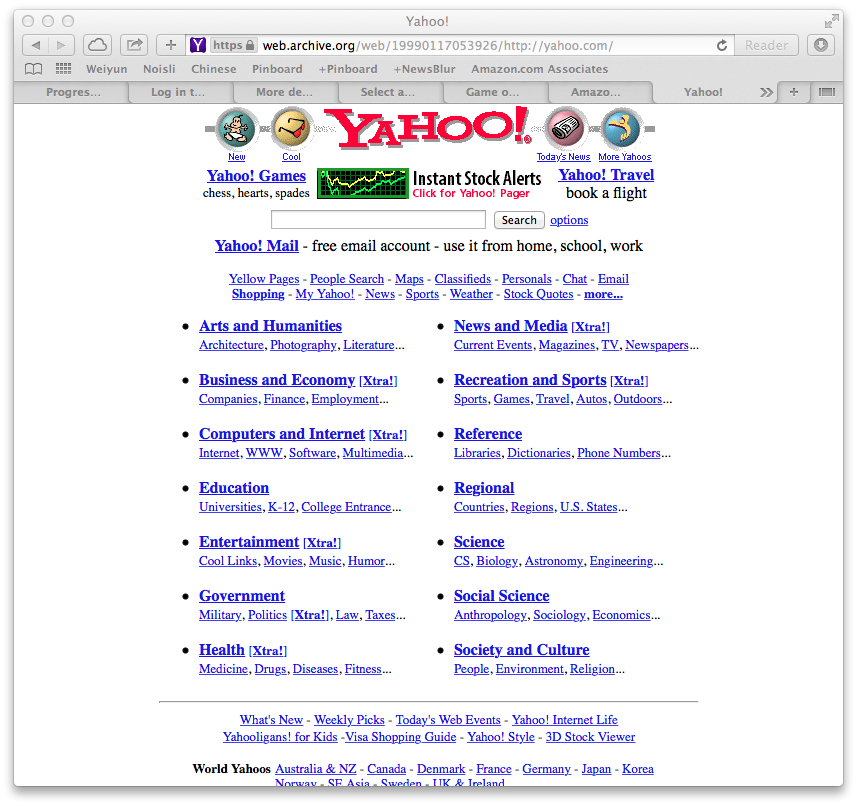Yahoo CEO Set to Refresh Turnaround Plan – WSJ – the turnaround plan sounds like desperate cost cutting. Yahoo! leadership have burned through a lot of runway and not made the best use of the company’s media assets. Mayer’s turnaround plan looked very much like Ross Levinsohn’s turnaround plan. The Levinsohn turnaround plan was in turn similar to pilot projects done when Terry Semel was CEO of Yahoo!
Qatar to buy stake in HK department store operator | RTHK – interesting move getting them to buy a chunk of Sogo, probably because Macau is likely to pick up much of the growth in luxury sales
LVMH: It May be Time for a Smartwatch – WSJ – not so sure that this is a good move, unless it is a fashion watch rather than a luxury item it could damage brands rather like the quartz lines did to luxury watches
ISPs told to block fake luxury goods sales – FT.com – sounds like an inefficient game of whack-a-mole; they should go after the payments providers instead. That’s where the weak spot is
App enables Chinese women to take selfies with sanitary pads – Mumbrella Asia – uses the packs to activate an AR app allowing photos with the company mascot, but still WTF
MediaTek, Acer working on smart surveillance solutions | WantChinaTimes – story about internet of things but the headline is telling…
Sony’s plans to pull out of Chinese market an ‘open secret’ | WantChinaTimes – the big issue is that China is likely to be a good market for Sony’s high end consumer electronics products
Uber fired a driver for tweeting mean stuff about them – douced
Behold the awesome power of the spreadsheet, destroyer of worlds | Quartz – rather reminds me of the introduction to ‘Accidental Empires’ by Bob Cringely
Old Technopanic in New iBottles | Cato @ Liberty – or why the government arguments for weak crypto are as much use as a chocolate teapot
